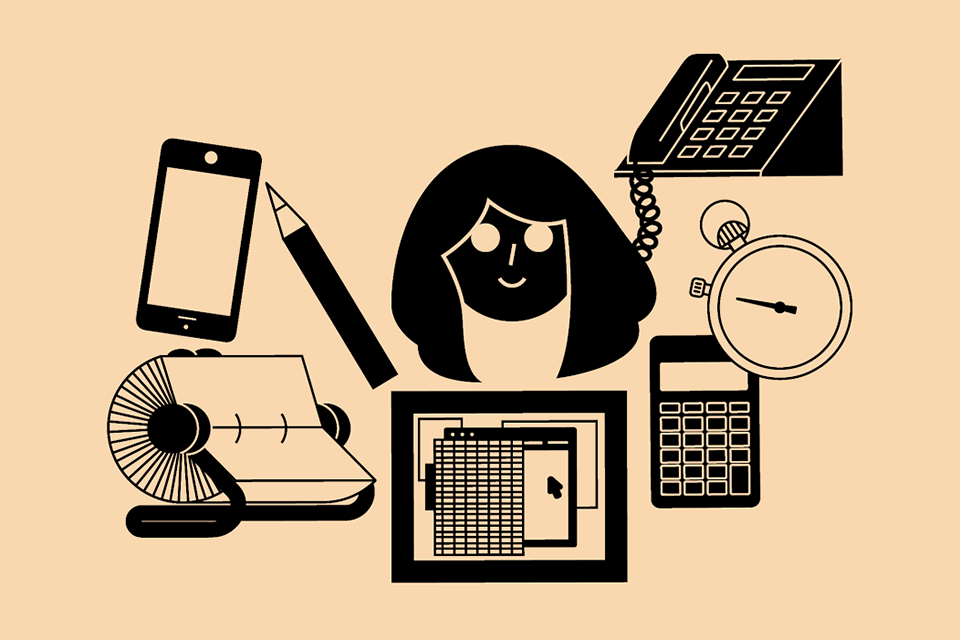Erica Garvey, senior program director at Wolff Olins New York, began her career as a baker, “specifically at a burgeoning, fun and pretty brand conscious bakery called Eleni’s in New York.” As she helped the owner with the growth of the company Erica was exposed to brand strategy, entrepreneurship, corporate identity, design and project management, and it led to her first position in visual branding. Lucia McGuinness, senior producer at Human After All, studied spatial design before getting a job as an artworker at a charity which evolved into studio management before taking a role in production. She describes her design background and education as her key asset, and something that she is constantly tapping into when running or developing projects. Although she also suggests that while such knowledge is key, it doesn’t necessarily have to be learnt in a traditional education environment.
Sylvia Calos, program director and coach at Wolff Olins New York, agrees: “if you’ve experienced it, you’re naturally less intimidated by it,” she says. “It’s advantageous to understand how the design process works, how to manage the moving parts and be a strategic communicator. You have to be able to lead, guide and be a significant voice and contributor to the process.”
Lesley Gundy describes how she “never considered [herself] a creative person.” Having always appreciated “beautiful things and [having] a not-so-secret addiction to pop culture” it wasn’t until her introduction to the industry, when she was interacting with design on a daily basis that she started “paying attention to… analysing and absorbing it.” She believes that the different experiences people bring to their roles mean “[they] are able to learn from each other, that’s definitely an advantage.” Andy Tweddle, senior producer at Human After All agrees, describing how knowing very little about design starting out he had learnt through collaborations and being surrounded by people who were willing to teach and mentor him. He also highlighted the benefit of having different angles and perspectives on creative work when developing a project. Andy also pinpoints the value of “knowing both everything and nothing.” You have to understand the project at hand, have common sense and patience but also “not be afraid to ask questions or look stupid.”
In terms of a skill-set, Erica recommends excellence at multi-tasking and “the ability to think in a holistic and strategic manner.” She believes in the importance of “empathy… building and instilling trust” when client facing, and the need to be able to get along with personalities “spanning the spectrum of crazily brilliant to brilliantly crazy.” As a programme director it’s your responsibility to ensure both the client and the agency are “running towards the same target,” creating a space for “strategists and creatives to push boundaries without losing sight of the business needs.”
Sam Wilkinson, senior project manager at Moving Brands regards “being proactive instead of reactive” as key, elaborating “it’s a balance of fluidity, flexibility and keeping things on track. Try and be charming” he says. Sylvia Calos agrees: “A high level of emotional intelligence is important. You need to be able to read people, ask the right questions and keep a steady hand at all times… You need to create the space for your team to think and design in a positive yet pragmatic setting.”
As a project, programme manager or producer in a design agency creativity is key. But as Erica Garvey pinpoints, “[no] specific job title or degree is [necessarily] a signal of how creative you are. Creativity is about how you think about the world and execute in it.”

